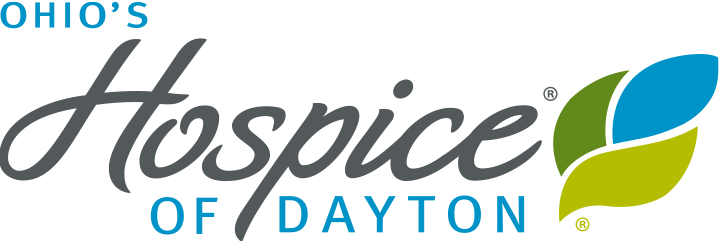Ohio’s Hospice of Dayton invites the community to remember and celebrate their loved ones at…

Survivors Help Assure Superior Care and Superior Services


Ohio’s Hospice of Dayton is seeking insights into quality care from a unique perspective – from surviving family members of patients served.
A Family Advisory Committee comprised of family members who have lost loved ones in hospice care convenes monthly to consider processes, programs and provide feedback on ways the community-based, not-for-profit hospice can best serve patients and families.
Becky Graham lost her husband three years ago. She is grateful to be involved in the Advisory Committee and hopes her suggestions will help other families who use hospice services when a loved

one is diagnosed with a life-limiting illness.
After both of his parents received hospice care at home in the past two years, James Webster felt he had the experience to offer valuable insights into the services and support provided.
 Kathy Smith’s father received hospice care in an assisted living environment, while her aunt and mother were cared for in the home. She is appreciative that Ohio’s Hospice of Dayton rectified some issues she experienced with care. She believes her participation will help assure superior care and superior services for other families.
Kathy Smith’s father received hospice care in an assisted living environment, while her aunt and mother were cared for in the home. She is appreciative that Ohio’s Hospice of Dayton rectified some issues she experienced with care. She believes her participation will help assure superior care and superior services for other families.
Norma Colussi’s mother was a nursing home resident when she became a hospice patient last year, and Paul Tudor’s wife received home care before she died a year ago. Both Norma and Paul embraced the opportunity to serve with the Advisory Committee as an opportunity to help hospice achieve ever-higher standards of care.
Patient Experience Advocate Jessica Conger says the Committee reflects a good cross-section of those who have experience with hospice care. ‘They come from different communities. Their loved ones received care in different environments. What they have in common is a loss experience that deeply impacted their lives and a desire to ensure high quality hospice care is available to others,” says Conger. “Every month we share information with them and receive feedback about educational and informational materials, communications processes, complementary therapies and other topics. The insights they offer help us refine and improve the materials we develop, our options for care and interactions with families. “




This Post Has 0 Comments